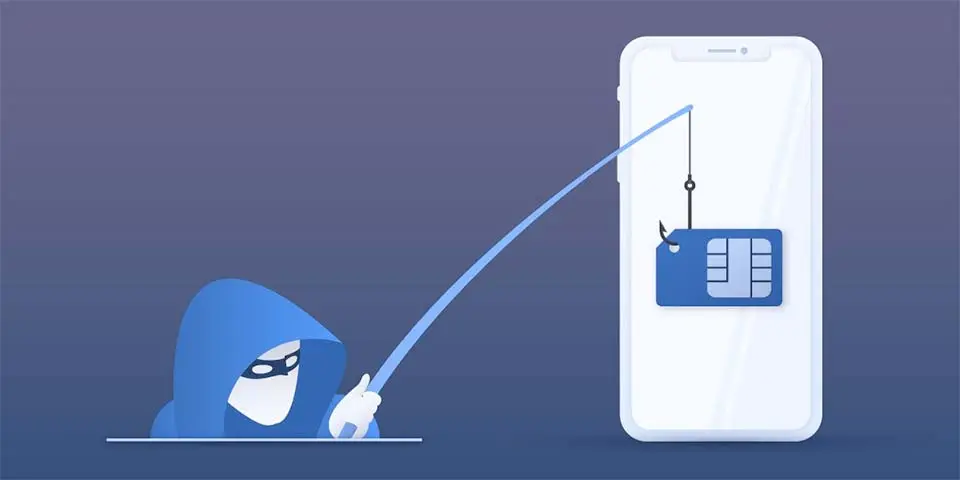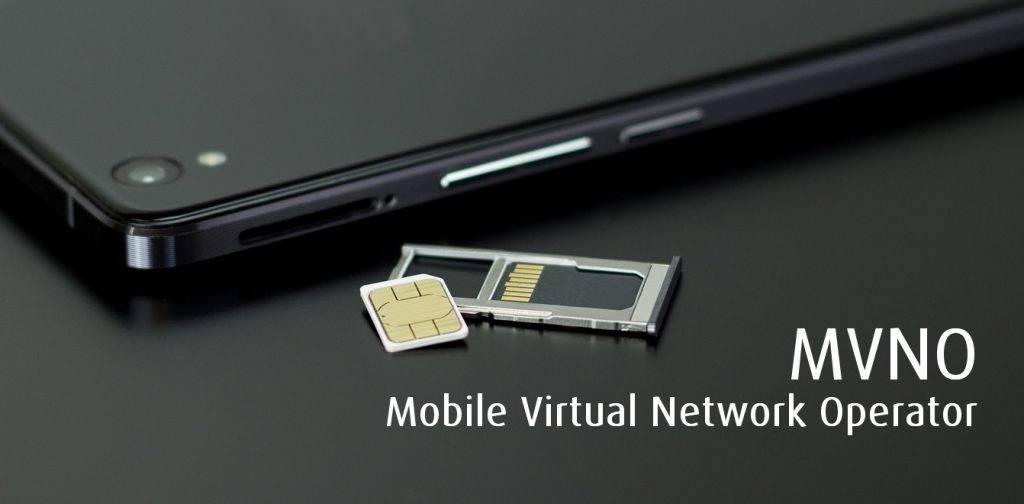Growing cases of mobile phone SIM Swap
Users of mobile phones run the risk of losing thousands of pounds at the hands of scammers after mobile networks provide scammers with personal information for users. In some cases, not all the correct security information was obtain to access the victims account. But the mobile network still provided access to the fraudster.

What is a Sim Swap
Sim Swap is known as a type of fraud in which scammers convince mobile phone providers to change the victim’s mobile phone number to a SIM card of their own to steal the victims money.
Scammers obtain personal information on the victim, such as banking data and management, exploring social networks or accessing stolen data, through the establishment of the victim’s mobile phone network provider.
Scammers can get in touch with the mobile network provider. Scammers pretend to be the Real Owners and ask to transfer the number to a new mobile network. Scammers pretend that the phone has been lost or damaged, or going with a different provider.
Once the scammers have gained access to the victims mobile phone account, they will be able to receive all the calls and text messages intended for the victim, including the security passwords of a single use necessary to access personal accounts or bank authorizations.
This means that Scammers can transfer money from the bank account from the victim to their own account.
When you receive an unexpected text message from your mobile network that contains your PAC code, your security can be compromised. In this case, call your Mobile Network Provider immediately.
You need a PAC code when you want to transfer your existing phone number to a new mobile network provider.
Protect yourself from Scammers
- Call your network provider immediately if you receive messages explaining that your Sim has been transferred to a PAC application.
- Add a password or access code to your mobile account. (Use password/complex password)
- Restrict who can view your social media profiles or avoid sharing the type of details that can be used in security questions to reset your password, such as your birth date, your pet’s name, your favorite football team, etc.
- Block your mobile account with a PIN (use complex password/pin)
- Use 2FA (factor authentication) applications to reset passwords instead of a mobile phone number.
- Use an authentication application
Inform all your banks as soon as possible if the scammer tries to carry out a transfer online or by mobile phone. You can also contact your local fraud prevention service.
By Abdul W Moghul
 MVNO MVNE MNO Mobile & Telecoms industry intelligence Telecoms Jobs, News and Business
MVNO MVNE MNO Mobile & Telecoms industry intelligence Telecoms Jobs, News and Business






